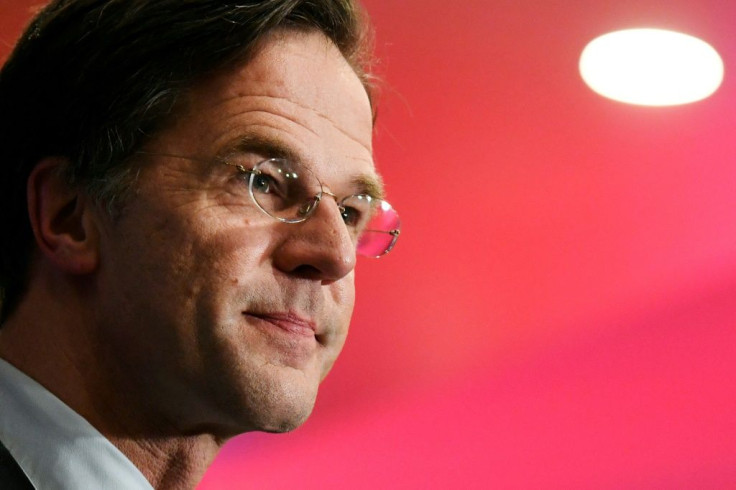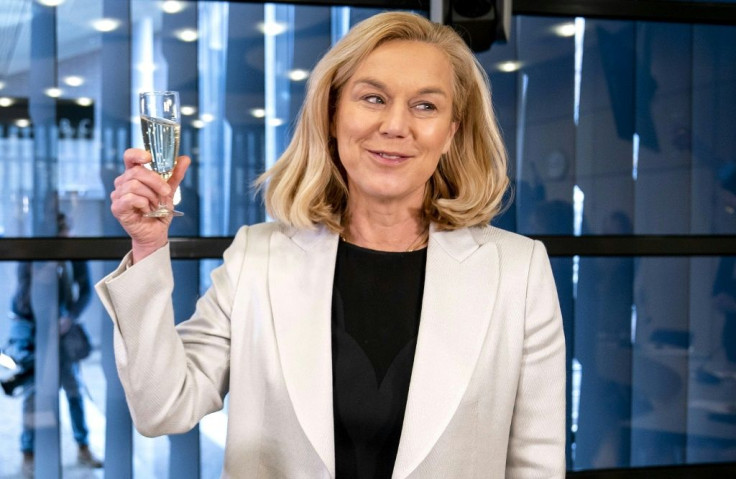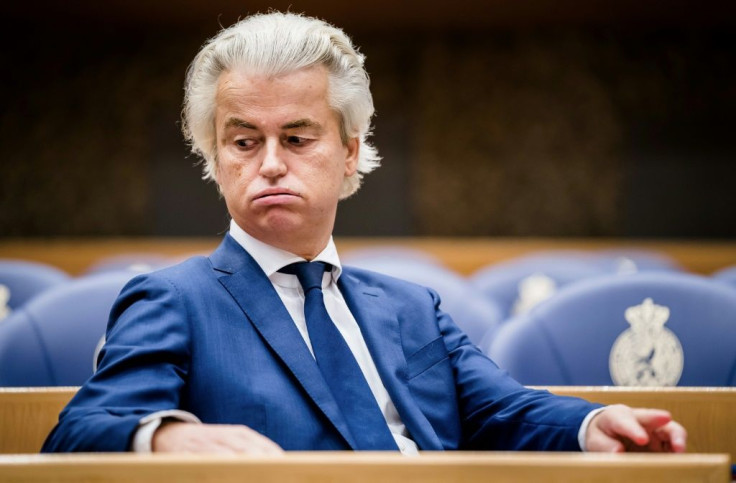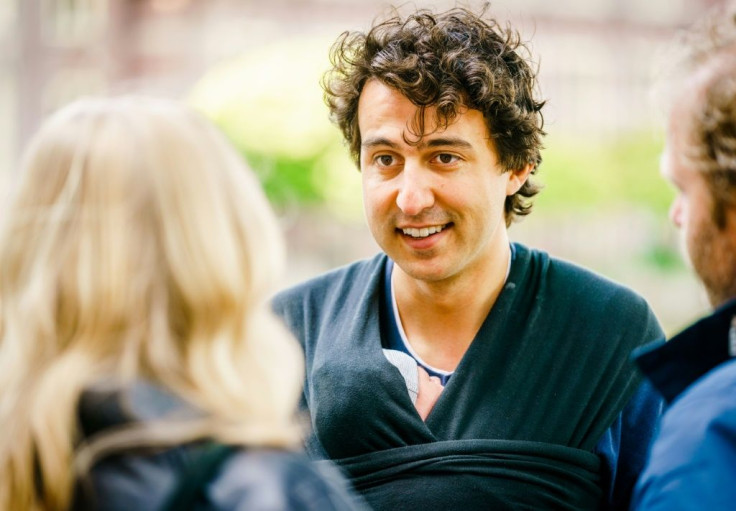'Dutchification': Guide To Election Winners And Losers
While Dutch PM Mark Rutte's liberal VVD party appears to have won national elections, the vote also brought unprecedented "Dutchification" or fragmentation of parliament.
A record-equalling 17 parties is set to win seats in the lower house, according to projections, with some significant shifts and some new faces entering the mix.

The big surprise of Wednesday's election was the success of the pro-EU, centre-left D66, which is now in pole position for a key role in Rutte's next cabinet.
The party itself seemed stunned: its leader, former diplomat Sigrid Kaag, danced on a table after the results were announced.
D66 surged by four seats to 23 become the second biggest party in parliament, according to the latest projections.
The party could help push the new coalition leftwards. It could also temper Rutte's tough stance on financial aid to southern European countries, a position Kaag criticised during election debates.

"Kaag has given a certain new style to the party," Koen Damhuis, a political expert at the University of Utrecht, told AFP.
Long Europe's far-right bogeyman, Geert Wilders saw his PVV (Freedom Party) lost its place as second biggest party, shedding three seats to 17 to be in third.
The bleached-blonde anti-Islam leader had admitted to AFP before the election that his party could lose ground as Rutte's handling of the pandemic dominated the vote.

But the PVV remains a force to be reckoned with, with Rutte himself on Wednesday saying they were "still very successful".
Political expert Damhuis said that a repeat of Europe's 2015 migration crisis for example "I'd find it hard to believe his (Wilders') popularity wouldn't increase again."

Populist parties will, on paper, account for a signficant block in the new parliament, with the Forum for Democracy of Thierry Baudet quadrupling its seats to eight.
Many pollsters wrote off the FvD after it imploded late last year over allegations of anti-semitism, with Baudet quitting and then returning, and several members leaving.
But Baudet lurched to a virus-sceptic, vaccine-sceptic, anti-lockdown message in recent months which seems to have chimed with voters.
He was also the only leader to hold regular rallies despite the pandemic -- at least two of these are now investigation for breaching coronavirus rules.
Wilders has shown no interest in working together with Baudet, and also stuck to a mainstream stance on Covid, meaning that the far-right will remain fragmented.
"For the next four years they'll be in opposition, but that's not to say they won't play a role," said Damhuis
The collapse of traditional left-wing parties continued apace in the Netherlands. The Labour party remains stuck on the nine seats it had in 2017 -- when it plummeted from its previous 38 seats in 2012.
Justin Trudeau-lookalike Jesse Klaver meanwhile saw his GroenLinks (Green-Left) party sink to eight seats from the 14 they won in 2017 when they were seen as a new dawn for progressive parties.
Either could however end up in Rutte's next coalition if D66 pushes for another centre-left party.
A host of new parties are set to make their parliamentary debut, thanks to what Damhuis called "one of the most open electoral systems in the world."
The European Federalist party Volt is set to win its first three seats on the back of a vigorous social media campaign.
Anti-racism campaigner and former TV presenter Sylvana Simons has also won a seat after several attempts, with her Bij1 party.
And the farmers who have held several noisy protests against government climate measures are also represented by the BoerBurgerBeweging (Farmer-Citizen Movement), again with one seat.
"It corresponds to a kind of fragmentation of society in fact which is reflected at the political level," said Damhuis.






